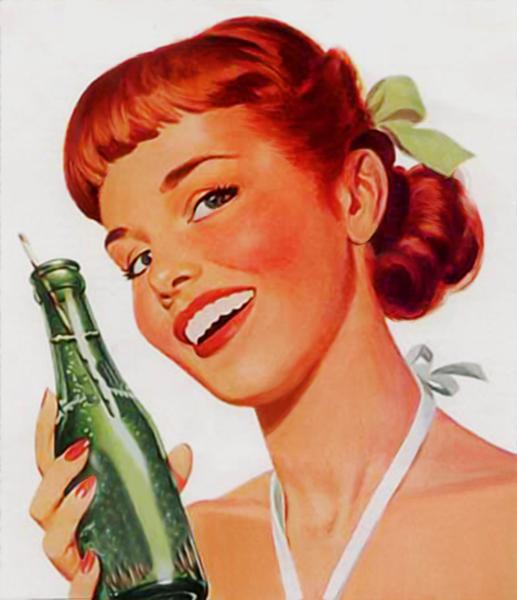"By the end of 2020, 44 countries and seven U.S. cities had implemented such taxes [sugar sweetened beverages]—and in the United States, this tax ranges from $0.01 to $0.02 per ounce."
Interestingly, the way the price increase is framed, if at all, does affect demand. So the new wrinkle in this study is that factors other than price are at work. Economists refer to the aggregate of those factors as price “elasticity” – how the price for a product changes with demand. For products that are essential like food, prices are inelastic; discretionary products have more elastic prices, you are willing to pay more, not necessarily a lot more.
The study involved two convenience stores near a San Francisco university campus where the labels on those SSBs (sugar-sweetened beverages) were changed every eight weeks. The researchers also had sales data from before and after the implementation of the tax. There were three test periods:
- The first, where the price included the tax – the control
- The second, where the label stated, "Includes SF Sugary Drink Tax”
- The third, where the label also noted that the proceeds would be donated to student programs
The entire 12 cent difference due to the tax was fully passed on to the consumer in the price.
- Over the study, roughly 7500 drinks were purchased weekly, without change. 45.5% were SSBs
- The sale of SSBs purchased after the institution of a tax declined by 2%
- The percentage of SSBs further declined, to 3.8%, when it was explicit that the price included a sugary drink tax
- A label indicating that the proceeds of the tax went to student activities had no further impact.
- As other studies have demonstrated, water and diet soda was often substituted for the SSBs
Bottom line - taxes do decrease consumption, especially if you are made aware of the tax being levied; knowing where your taxes go does not increase or decrease your happiness with being taxed.
No one likes to pay taxes
We may pay our fair share, but most of us grumble under our breath. In two additional experiments, researchers surveyed 400 online participants who frequently purchased SSBs. They created the same manipulation of labels as in the real-world “field” study. What they found here was again was that labels stating that the price included a sugar tax reduces demand. When asked what percentage of the cost was taxed in both the control and label cases, the participants overestimated the tax. Those reducing their purchases estimated a surcharge of 40 cents. They found that an ambiguous label – “SF sugary drink tax included” was as effective as explicitly stating a 40 cent tax.
The researchers demonstrated once again that a rise in prices for a good like SSBs where the price is elastic results in diminished demand. They also showed that labeling to explain that a tax had been levied increased the effectiveness of the price increase with one critical exception. When the tax was too low, it was ignored; after all, what is 1% of the total cost? For an elastic product such as soda, 1% has little effect. You need a more substantial tax, say 3% (consistent with that 40 cents overestimate). And to really reduce demand, you have to make the tax explicit.
Using taxation to control demand is a trickier business than is often thought. In addition to this study on SSBs, there is a growing literature on the taxation of legalized marijuana. Many of the windfalls anticipated by states from legalization have not been realized because of the taxes upon the legal product. The illegal version can still be had at a reduced cost and undercuts legal sales. This parallels cigarette sales that can be purchased without federal taxes on lands owned by Native Americans.
Of course, once again, we have a study showing an economic fact when we want to know whether the reduction in SSB consumption has improved the health of individuals or populations. That is, after all, why we began the additional taxation.
Source: A Salient Sugar Tax Decreases Sugary-Drink Buying Psychologic Science DOI: 10.1177/09567976211017022




